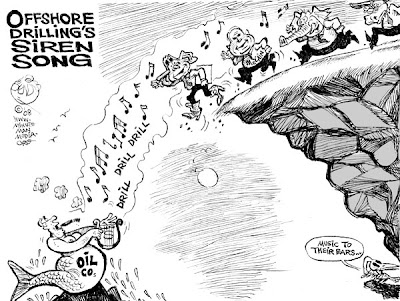More than ever I am convinced that Marx (and others, including many feminist thinkers) have been right when they remind us that humans are quintessentially social. We require community, in the most robust sense of the word, and human nature can only be understood relationally. Indeed, without living in community, can we even truly be called human?
Thrown out alone in the wilderness, the human individual can only last so long, even though the body might survive (survival is possible, though very difficult without shared resources as a sort of insurance, until the day you get too old, sick, or otherwise weakened to provide food and water for yourself). But in order to express our humanity, do we not need other people? Is this not why solitary confinement is such a harsh punishment?
We tend to forget this, and think of ourselves first and foremost as autonomous individuals, who
choose to live in relation with others. Capitalism fosters this illusion, its forces trying to make us into competitive individuals, "free" from societal constraints as much as possible. In this view, freedom follows a consumption model of choice - freedom means choosing how to spend our dollar, or with whom we spend our time. The end result is often shallow relationships, a sense of restlessness, alienation, loneliness and unhappiness. (Despite this, we often do manage to have deep and abiding and satisfying relationships, which is a testament to just how unnatural the absolute individualist model is.)
In fact, I would say the only reason we are able to hold the illusion of our autonomous individuality is because of the protections and comforts our wider society affords. It provides for us many of the things that a small community once might have. So many fundamental shared institutions underwrite our individual activities. Without infrastructure, a measure of security and stability, relative agreement about social norms, regulation of some aspects of industry etc we could not live a life that seems independent and autonomous. And yet precisely because these things are simply there, taken for granted, largely provided by a faceless state or society, we tend to forget how much we depend on them. It is the communal wealth and social capital provided by the state and society that allows us to imagine we are independent, to
forget our interdependence.
In some ways, the current financial crisis is driving home this exact point. When faced with an economy in crisis, the myth of the self-made man seems a little silly, doesn't it?
 First, the image on the right is of little Barack Obama with his grandfather (Stanley Dunham) who looks remarkably like the picture on the left of the adult Obama (although the picture looks slightly stretched to me).
First, the image on the right is of little Barack Obama with his grandfather (Stanley Dunham) who looks remarkably like the picture on the left of the adult Obama (although the picture looks slightly stretched to me).  Then this photo project makes us question how we assign racial or ethnic categories by providing faces that are difficult to categorize.
Then this photo project makes us question how we assign racial or ethnic categories by providing faces that are difficult to categorize. Finally, this story of fraternal twins - one "white" and one "black". Well, actually both are of mixed race, as are their parents. Over at SI, she uses this example "to illustrate how skin color (which is real) is translated into categorical racial categories (which are not)."
Finally, this story of fraternal twins - one "white" and one "black". Well, actually both are of mixed race, as are their parents. Over at SI, she uses this example "to illustrate how skin color (which is real) is translated into categorical racial categories (which are not)."
































